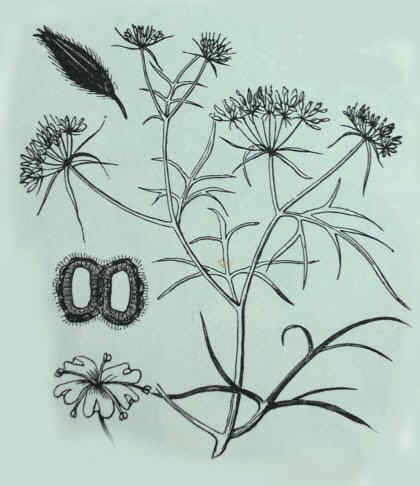What are Melilotus side effects?
In most cases, the use of melilot in traditional medicine and in food (as a flavoring, mainly), does not present significant risks or dangers. Among the possible side effects that this plant may have, are the following:
- Contact dermatitis: The fresh plant can cause dermatitis or skin irritation in sensitive people.
- Allergy: Like all plants, it can produce an allergy, especially to those people with allergy to Papilionaceae plants.
- Alteration of coagulation controls: The plant contains coumarins, which may affect the results of coagulation tests performed before surgery or during controls for anticoagulant medications such as sintrom or warfarin.
To take into account!
Since Melilotus spp. fluidize the blood and on the other hand act as a vasoconstrictor, it is advised to use them under medical criteria, since an excessive dose can lead to bleeding problems.
Likewise, special care must be taken not to consume poorly dried flowers that could have fungi, since, in that state, they become hemorrhagic, due to the action of dicumarol, although the danger also depends a lot on the dose used.
![]() More information on Melilotus
More information on Melilotus








